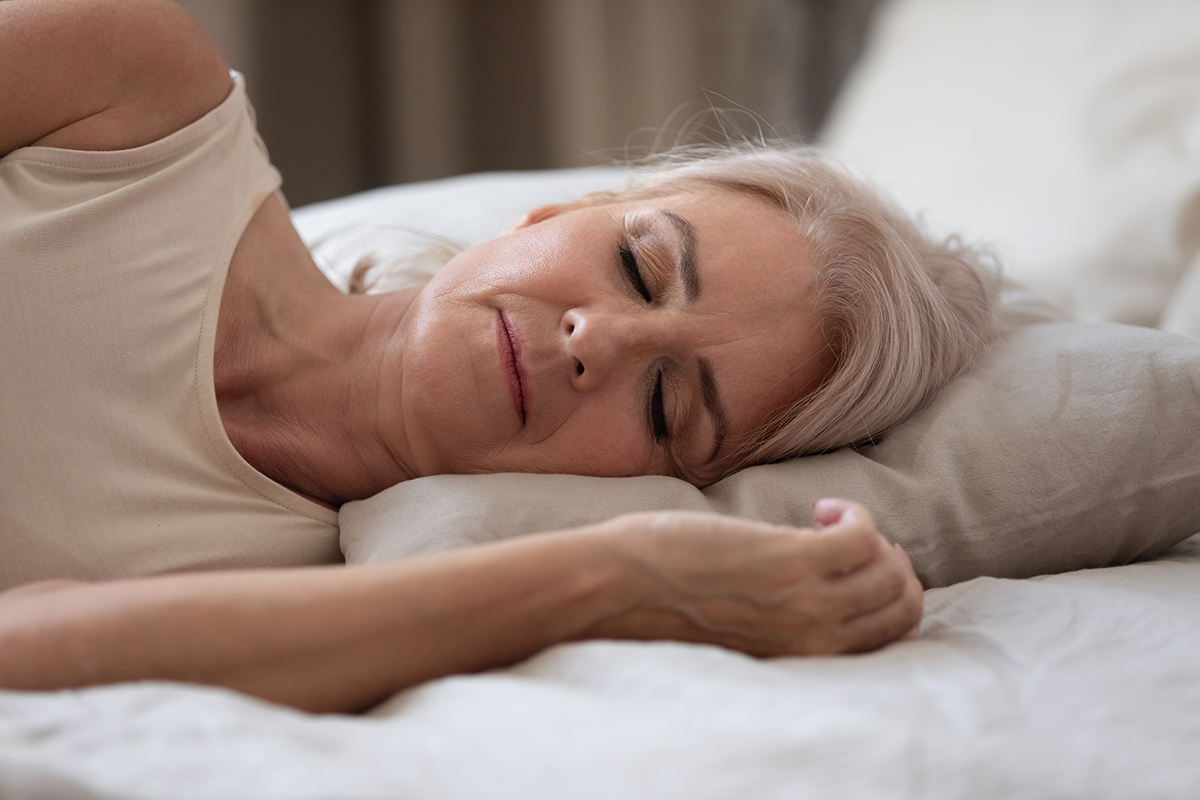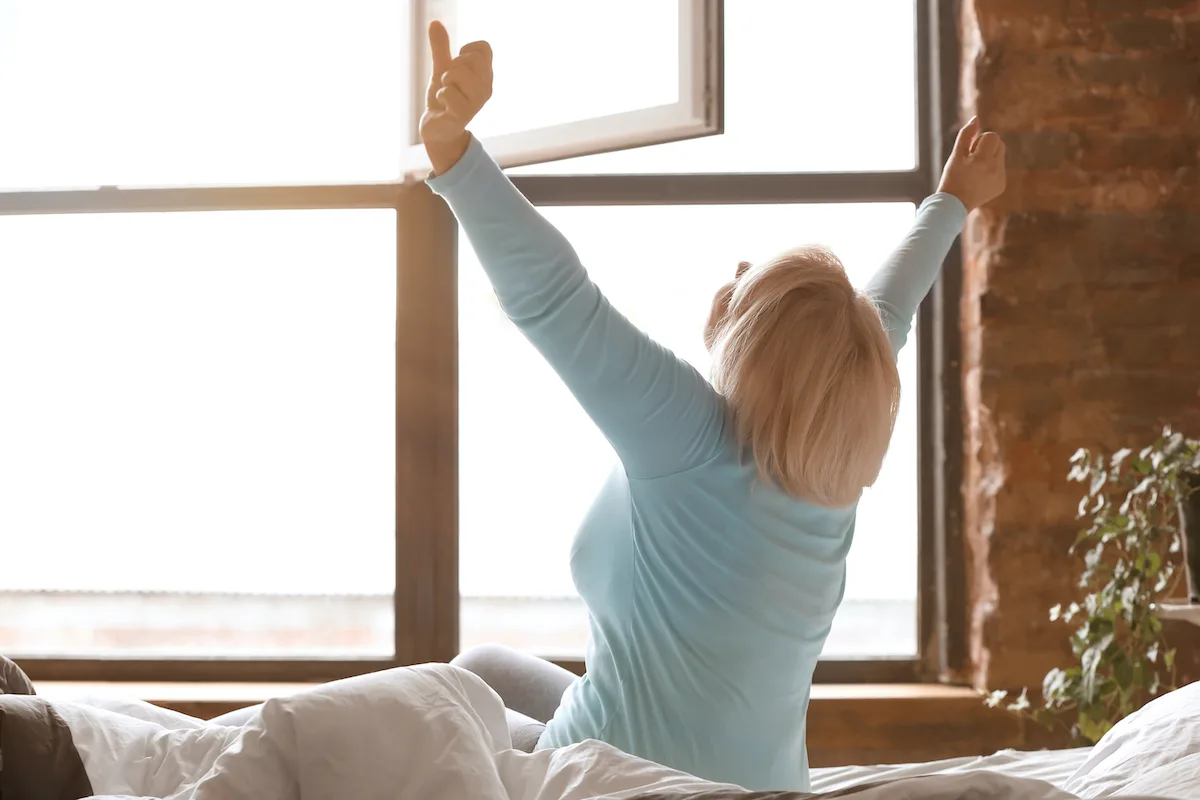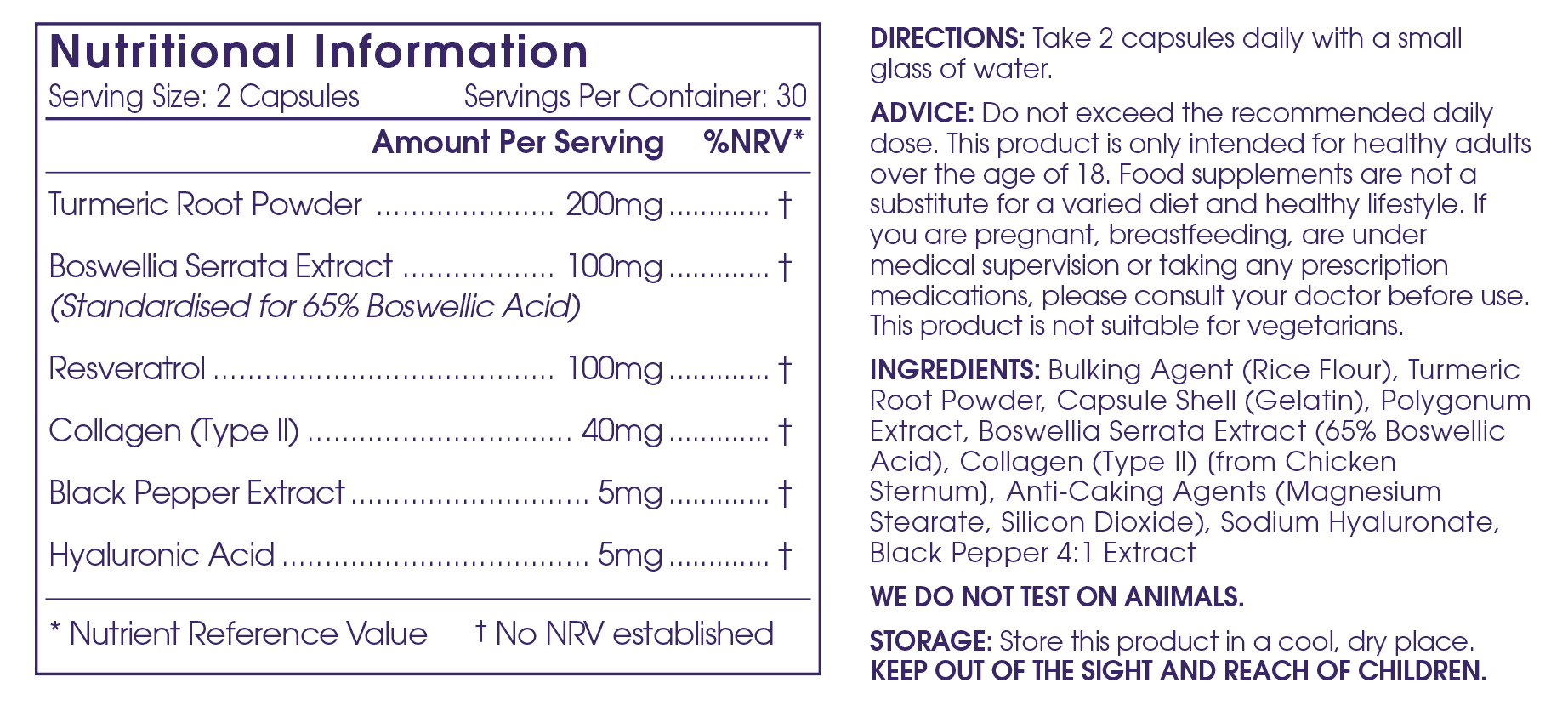Age is just a number. As that number gets higher, however, you might find that the number of hours you’re able to sleep is getting lower.
There are many causes of age-related insomnia, ranging from underlying illness to chronic pain to lifestyle changes. Luckily, there are just as many ways to address and treat this sleeplessness. Here are 10 tips that will help you sleep better at night and without pain.
10 Ways to Sleep Better Without Pain

1- Do some low impact cardio
Exercise has many benefits, and improved sleep is one of them. Getting regular exercise can help you fall asleep quickly and stay asleep throughout the night. This is because exercise is a great stress reliever and burns energy. Try to incorporate some low-impact cardio, like swimming or walking, into your weekly routine. Low impact exercises are gentler on the joints than high impact workouts and might help you sleep better.
2- Reduce or shorten daytime naps
A long afternoon nap might sound dreamy after a night of tossing and turning. However, studies show that taking naps longer than 30 minutes can disrupt your sleep cycle. A nap may provide some short-term relief from grogginess, but it will also make it harder to fall asleep the following night, therefore prolonging your sleep troubles. It is best to avoid napping altogether. When you do nap, try to only sleep for up to 30 minutes.
3- Avoid alcohol and caffeine
We have all heard that a “nightcap” can help you fall asleep. While that may be true for some, alcohol aggravates insomnia-related symptoms for most people. This is because alcohol hinders the body’s production of melatonin, a hormone released at nighttime that prompts sleepiness. Avoiding alcoholic beverages can regulate your natural sleep cycle and help you sleep better.
Caffeine can also disrupt sleep. While it is generally safe to drink your morning cup of coffee or tea, it is recommended to refrain from consuming caffeine up to six hours before bed.
4- Soak up the sun
Our bodies have an internal clock that aligns with the sunrise and sunset. Therefore, getting sufficient sunlight exposure throughout the day will let your body know that it is time to be awake. This can consequently help you feel drowsier at night when it gets dark out. Always wear sunscreen or cover your skin before going out in the sun.
5- Nix sleeping issues at the source
Sometimes, consistent, and prolonged sleep troubles are a sign of an underlying issue. This is especially true as we age and deal with chronic pain. In fact, statistics show that over half of people who suffer from chronic pain report having trouble sleeping at night.
To sleep better, you have to determine what might be keeping you up at night and treat it. If chronic pain is interfering with your quality of sleep, there are solutions. You can consider taking the recommended dose of a pain reliever, such as acetaminophen or ibuprofen, 30 minutes to an hour before sleeping.
You can also take a supplement that targets the specific issue you’re struggling with. For example, chronic joint pain is a common cause of insomnia. Supplements like JointFuel360 can target joint pain directly and therefore provide you with a better night’s rest. JointFuel360 contains turmeric and resveratrol, which have anti-inflammatory qualities, and collagen, an amino acid that slows the aging process.
Treating your joint pain can alleviate chronic pain symptoms, which can help you sleep better at night.

6- Stretch before bed
Stretching, like exercise, has many benefits. Doing gentle stretching before bed can loosen your muscles and relieve muscle tension. It can also help you relax, all of which help you fall asleep and improve your quality of sleep. There are even some stretches you can do in bed! Some of these stretches include the butterfly, knees to chest stretch, seated shoulder stretch, and spinal twist.
7-Establish a nighttime routine
Just as a morning routine can set your day off right, establishing a nighttime routine can set you up for a full night’s rest. Having a routine can signal to your brain and body that it is time to get ready to sleep. Your nighttime routine should be focused on decompressing and unwinding, and every person’s routine will look a bit different. Consider adding calming activities to your nighttime routine, such as taking a warm shower or bath, reading, journaling, meditating, or stretching.
8- Find a good sleeping position
Not all sleeping positions are created equal. Certain sleep positions can aggravate joint pain, which can delay sleep and keep you up throughout the night. Side sleeping has been shown to be a good sleeping position for joint pain. In addition, sleeping with a pillow between your legs can reduce strain on your back.
9- Reduce screen time before bed
In today’s digital world, there is a lot of stimulation that can disrupt our natural sleep cycle. Screens, like on our laptops and smartphones, emit large amounts of blue light. Blue light is disorienting to our bodies and can trick our brains into thinking it is still daytime. This can obstruct our body’s production of melatonin and delay sleep. Turning off our devices an hour before bed can avoid this issue. Rather than sitting on your phone or computer before bed, you can include non-screen activities in your nighttime routine.
10- Maintain good sleep hygiene
Bedtimes are not just for kids. Maintaining proper sleep hygiene is key to a better night’s rest. Our sleep cycle operates on a twenty-four-hour loop. So, going to bed and waking up at the same time each day will help naturally regulate your sleep cycle.
Even if you did not sleep well the night before, still try to get up at your set wake-up time. This will prevent your sleep cycle from being further disrupted.
Lastly, your environment plays a large role in your sleep hygiene. For instance, who wants to sleep in a hot, stuffy, cluttered room? Studies suggest that a cool, dark room is most apt for sleeping. It is also recommended to keep your bedroom a calm, tidy space and to only use your bed for sleeping.
If you follow these sleep hygiene guidelines, soon enough your sleep cycle will be so regulated that you don’t even need an alarm.
Conclusion
Sleeplessness is something almost everyone will deal with at one point in their life. That being said, you do not have to let chronic sleeplessness hold you back. There are ways to combat insomnia-related symptoms. By trying some of our tips, such as living a more active lifestyle, establishing a nighttime routine, and having proper sleep hygiene, you can sleep better and live better.
If you are experiencing chronic insomnia-related symptoms that are interfering with your life, it is best to talk with your doctor to determine possible causes and solutions. Also, you should always consult a doctor before taking any new supplements or medications.












